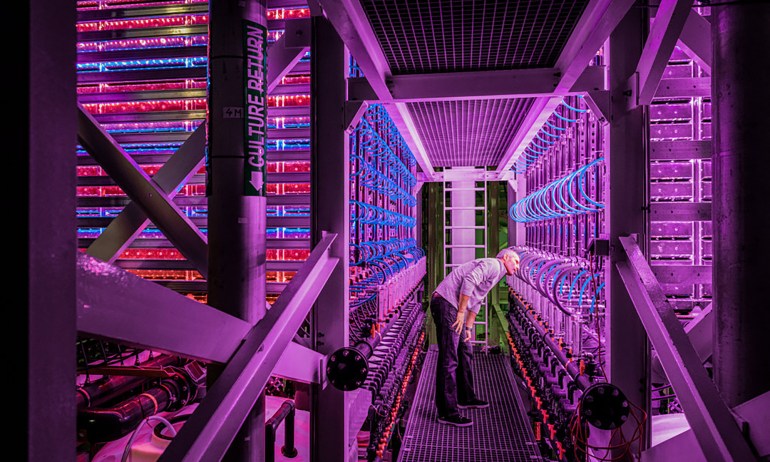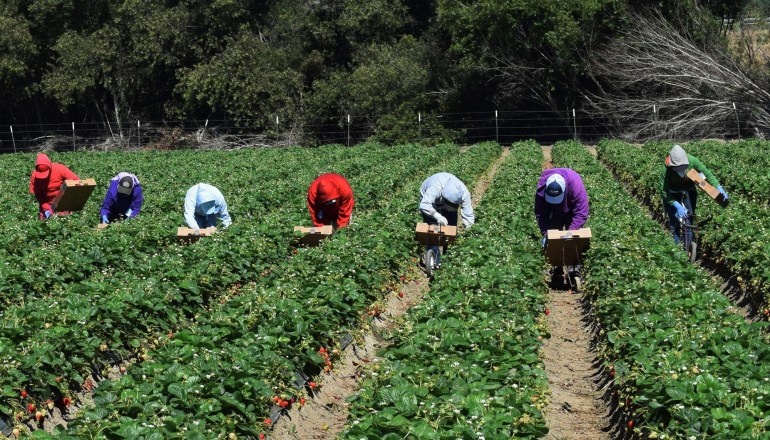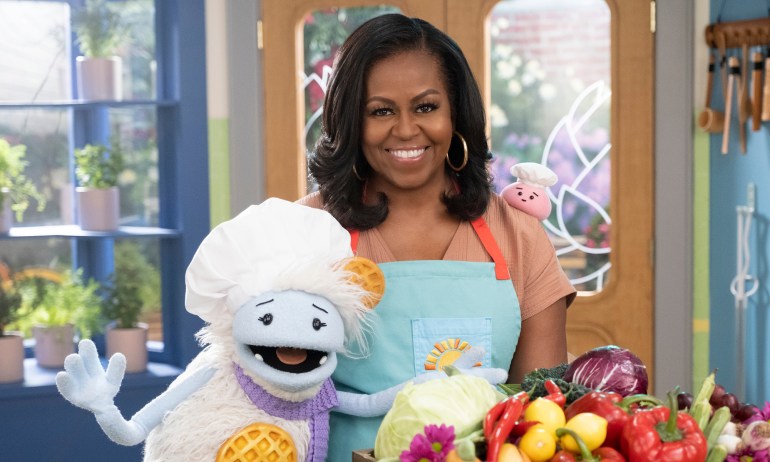
From solar panels to electric vehicles, all sorts of exciting technologies are being used to address the climate crisis. But some solutions already exist in the natural world. Seaweed — yes, seaweed — could help us absorb carbon emissions, generate marine protein and replace petroleum-based products.

Insects, fungi and algae — climate-friendly foods that could be headed to your dinner plate
Climate change is destabilizing agriculture and our global food systems. So how do we continue to feed the people of the world while also reducing greenhouse gas emissions? These unconventional foods might just be part of the solution.

Are the workers behind your food treated fairly? How one innovative program is helping improve conditions
Many farmworkers in the US receive inadequate wages and experience harassment, violence and even sexual assault. But thanks to the innovative Fair Food Program, which signs up big companies like McDonald’s and Taco Bell, conditions in the tomato fields in several states have been reformed. Here’s how it works — and how you can do your part.




